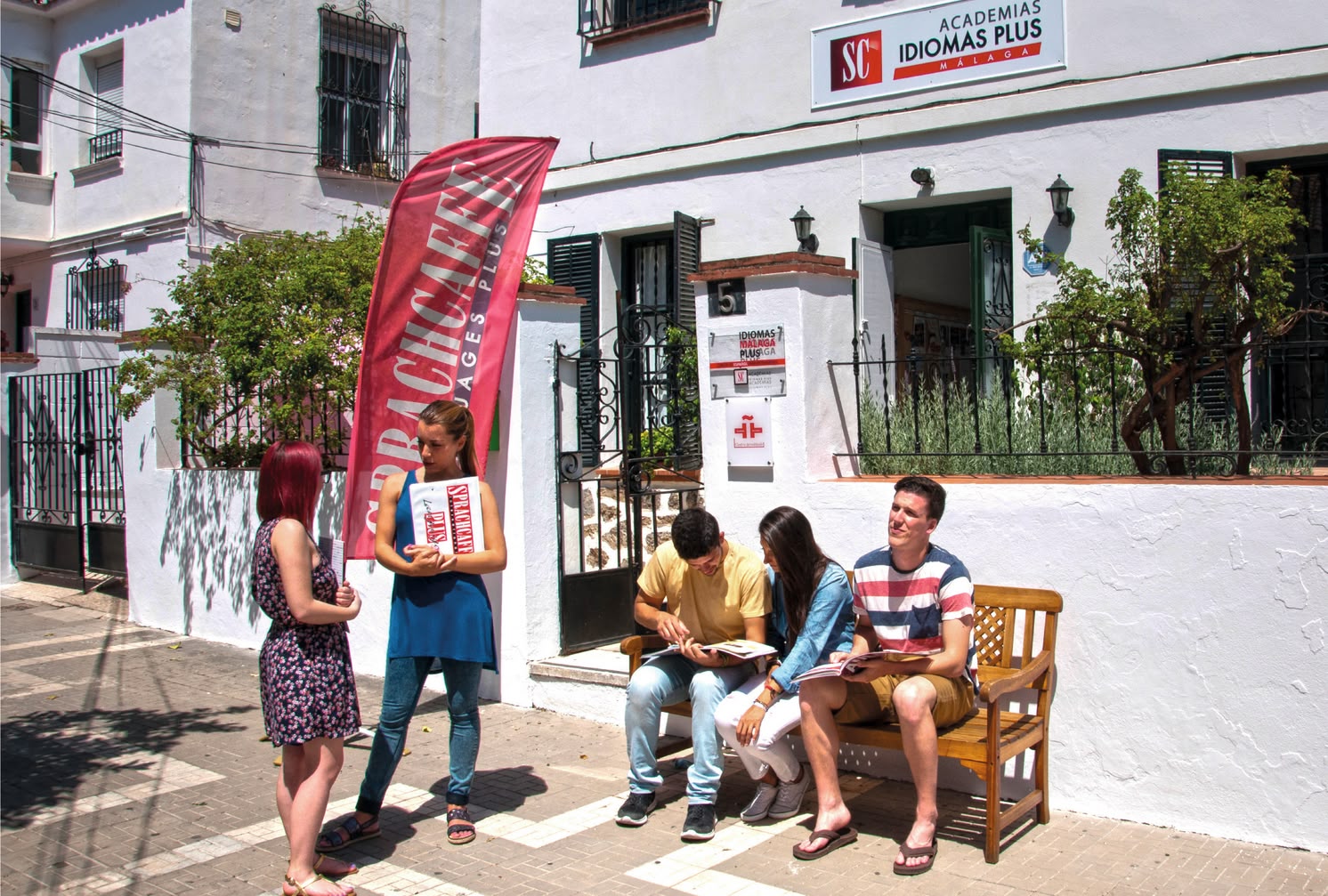
Language travel in Spanish
Take a language trip to Spain or Cuba with Sprachcaffe.
More information »The future of probability in Spanish is a verb tense used to express suppositions or conjectures about actions or situations that could occur in the future. With this verb tense, the speaker does not state categorically that an action will take place, but rather expresses a possibility or probability that it will occur. It is a way of talking about future events with a certain degree of uncertainty or hypothetical.
The future of probability in Spanish is a verb tense used to express suppositions, conjectures or predictions about events or situations that may occur in the future, but whose certainty is not completely guaranteed. Unlike other verb tenses that denote certain actions or events that will happen with certainty, the future of probability is used to communicate the possibility or probability of something happening, without stating it categorically.
The probability future allows you to express uncertainty in a polite and courteous manner, since you are not stating facts with absolute certainty. It is a valuable tool for communicating hypotheses, expectations and estimates about future events without committing to a categorical statement. This verb tense is commonly used in everyday conversations, in academia and in professional settings, in situations where certainty about facts is not complete and a more speculative and diplomatic language is required. Mastering the future tense of probability in Spanish will enrich your linguistic expression and foster more precise and nuanced communication.
The verb "haber" in the simple future tense is conjugated as follows: "habré" (me), "habrás" (you), "habrá" (he/she/it/you), "habremos" (we/us), "habréis" (you/us), "habrán" (they/them/you). Then, the past participle of the verb is added, which has different endings depending on the conjugation and the infinitive ending of the verb.
| Personal pronoun | Verb "haber" | Verbs ending in -ar such as hablar | Verbs ending in -er such as comer | Verbs ending in -ir such as vivir |
|---|---|---|---|---|
| Yo | habré | hablado | comido | vivido |
| Tú | habrás | hablado | comido | vivido |
| Él / Ella / Usted | habrá | hablado | comido | vivido |
| Nosotros / Nosotras | habremos | hablado | comido | vivido |
| Vosotros / Vosotras | habréis | hablado | comido | vivido |
| Ellos / Ellas / Ustedes | habrán | hablado | comido | vivido |
Explore the world and improve your Spanish at the same time! Learn with Sprachcaffe in an international group and live the adventure of a lifetime in Malaga, Madrid, Barcelona or Havana!
It is important to remember that the future perfect probability in Spanish is an advanced form and not so common in everyday speech. Its use may occur more in formal, literary or technical contexts, as it requires greater grammatical complexity.

Take a language trip to Spain or Cuba with Sprachcaffe.
More information »
Learn Spanish from the comfort of your home with an online course.
More information »